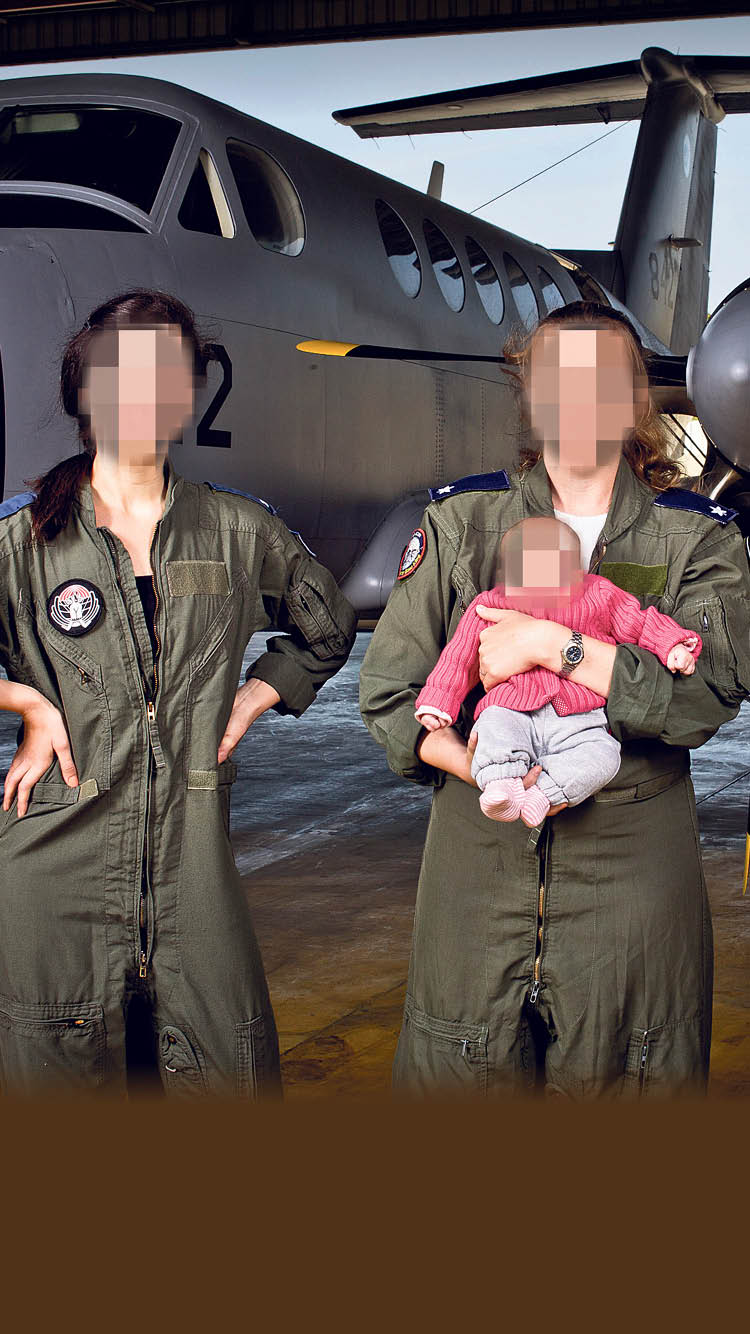Following a request made by a mother currently serving as a pilot, the Air Force has been looking into allowing mothers to fly during their maternity leave; the initiative was promoted by MK Tamar Zandberg, who referred to the possible policy change as ‘progressive’
The Air Force has been considering letting its female pilots, navigators and flight engineers return to duty during their maternity leave. If approved, this would help them keep up with their training and to remain ready to take part in military operations.
The struggle to allow women to apply and take part in the flight academy has been long going, with a major achievement being Alice Miller’s 1994 struggle and eventual win that allowed her entry to the prestigious and rigorous flight course. Recently, a female pilot and mother has asked MK Tamar Zandberg (Meretz) for assistance in changing Air Force policy to allow women to fly during their maternity leave.
Zandberg took on the pilot’s request, passing it on to the Defense Ministry. This week, a response was given by Defense Ministry Chief of Staff Chaim Blumenblatt, stating, “Following a joint examination of the situation together with the Air Force, we are now considering allowing Air Force officers perform flights during their maternity leaves, so as not to hinder their readiness to participate in operations.” Blumenblatt made it clear that such flights “would only happen with the officers’ consent, and only during the latter part of their maternity leaves.”

The standard maternity leave granted to female soldiers, including those serving in the Air Force, is 14 weeks. This is equal to the maternity leave granted to mothers in a civilian setting.
While a decision is still pending, Air Force officials have said that they find it highly unlikely that a female pilot would choose to fly during the first six weeks following her giving birth, among other reasons, because doctors normally advise against it.
Since 1998, some 40 women have finished the flight academy, going on to serve as fighter and transport pilots, fighter and transport navigators and flight engineers.
Until three years ago, the Air Force had followed a stricter policy, under which women were not allowed to fly from the beginning of their pregnancy, supposedly to “prevent health risks.” Eventually, the army began to allow women to fly until the 25th week of their pregnancy in cases where no complications had been observed. Regardless, safety protocol states that they fly no more than four hours, below 8,000 ft. and always have another flight member on board.
Zandberg spoke to Yedioth Ahronoth, Ynet’s sister publication, saying, “I’m glad to see that the Defense Ministry is looking into the matter from a more progressive perspective. Whether in the army or not, women should be treated equally and in a manner that accommodates birth and breastfeeding, instead of using them to segregate and discriminate.”
As reported by Ynetnews
